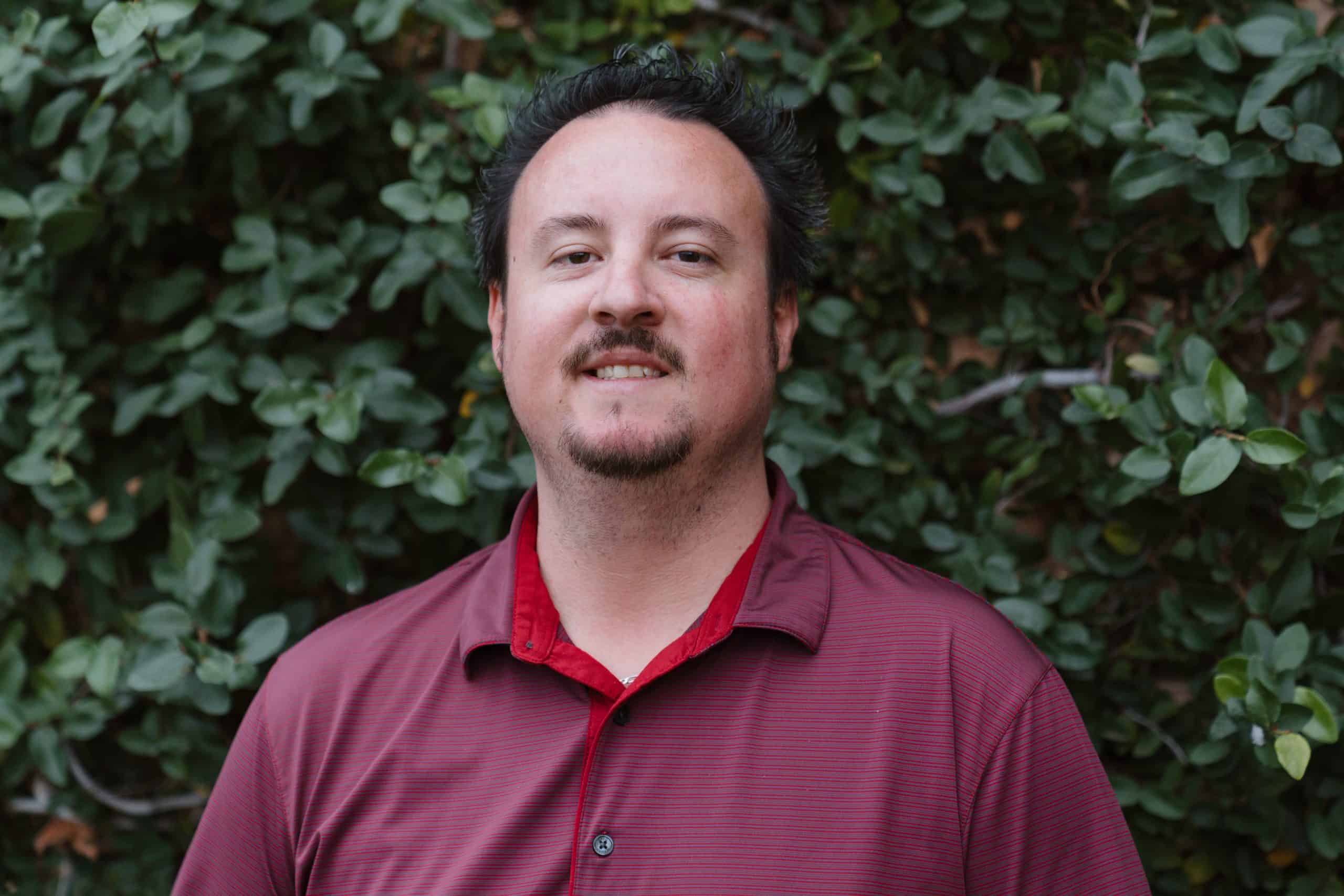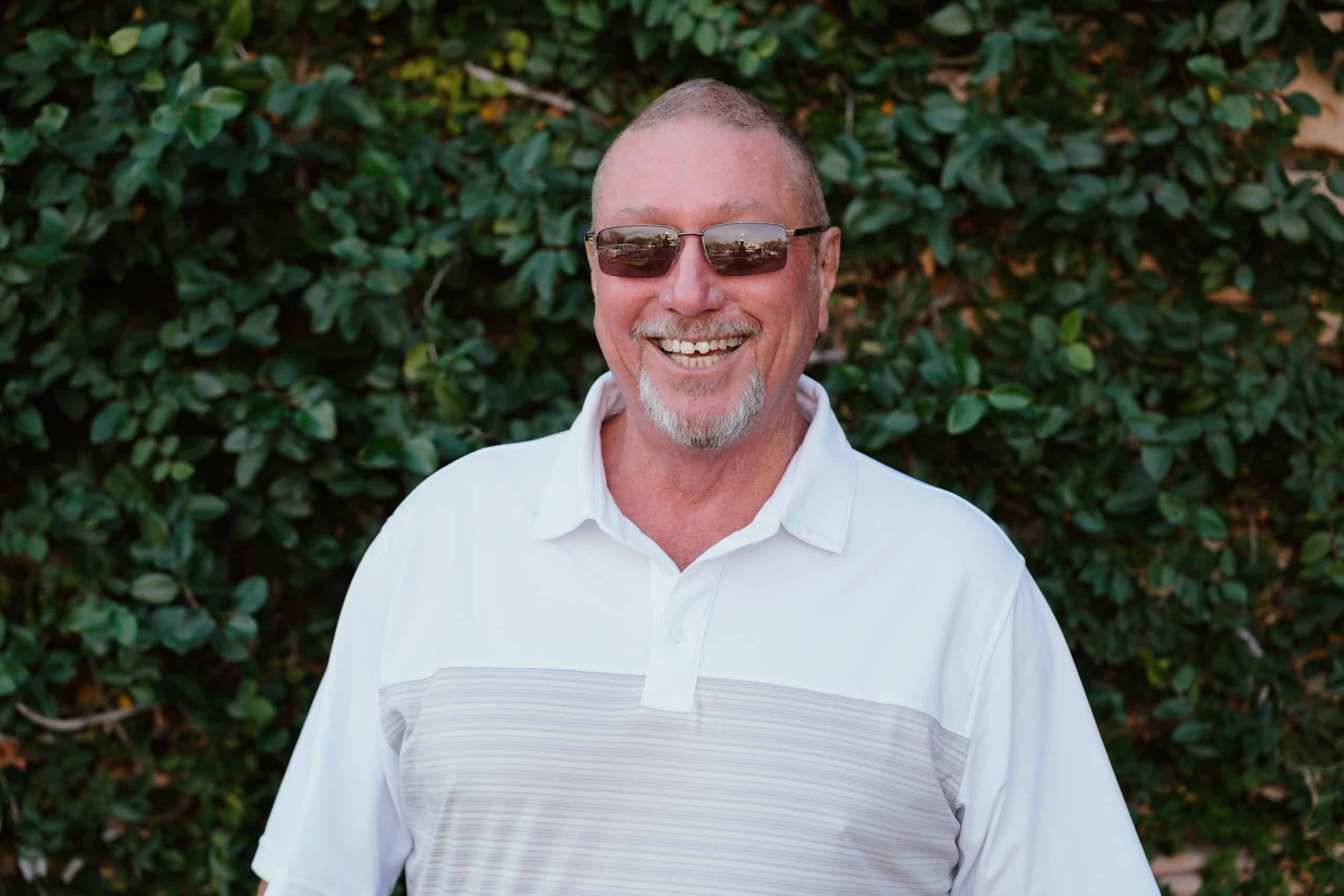Heroes Haven
An Addiction Treatment Program for Veterans
The Department of Veterans Affairs (VA) Community Care Network (CCN) was established in 2018 to provide veterans with greater access to the healthcare they deserve.
The creation of the CCN directly connects the VA with thoroughly vetted, high-quality treatment providers in communities across the country. This allows veterans to receive care from both VA facilities and authorized providers close to home.
The CCN is divided into six regional networks covering all U.S. states and territories, which are developed and administered by third-party administrators Optum Public Sector Solutions Inc. and TriWest Healthcare Alliance.
TriWest Healthcare Alliance has been serving veterans and members of the military community since its founding in 1996.
In addition to administering the Department of Defense TRICARE program for active-duty military members, TriWest Healthcare Alliance administers Regions 4 and 5 of the Department of Veterans Affairs Community Care Network.
Region 4 includes 12 states in the western continental United States and Hawaii, while Region 5 includes Alaska.
Although the Community Care Network was created to make care coordination for veterans simpler and less confusing, we recognize that finding appropriate behavioral health treatment can often feel overwhelming.
The caring and compassionate staff at Azure Acres Recovery Center is here to provide the guidance and support you need when seeking professional help through the CCN for addiction and a co-occurring mental health concern.
Our highly experienced team members can answer any questions you might have about the policies and procedures of the CCN, ensuring that you receive the benefits for which you are fully eligible.
If you have any questions about receiving care through the Veterans Affairs Community Care Network, please reach out to us directly to speak to a knowledgeable member of our team.
Mental Health Treatment Program for Veterans
Our mental health is impacted by everything we do in a day, both positive and negative. When you get to hang out with your friends and enjoy your favorite activities and food, that positively influences your mental health. If your boss gets mad at you at work, someone cuts you off on your way home, and you spill coffee on your shirt – that negatively impacts your mental health.
Trained therapists are prepared to address many of these common scenarios that people encounter in their day-to-day lives. But what about the things that not everyone experiences? What about the unique circumstances that many veterans face and need help unpacking and addressing?
Our mental health program is here with you in mind. From inpatient and outpatient services, to programs built to address mental health and substance use at the same time, we have the tools needed to empower your success.
Substance Use Disorder Treatment Program for Veterans
When you’re dealing with the aftereffects of trauma, loneliness, depression, and more – it’s not unlikely that you will try to find ways to remedy this. These reasons alone are just some of the many root causes behind the development of alcohol and substance use disorders.
Recovery is possible for everyone, but when it comes to veterans, having access to a care program that understands and addresses their unique life experiences builds a much stronger foundation for long-term recovery.
Substance Use Disorder Treatment Program for Veterans
A common reason behind substance use is loneliness or mental health conditions. Many people try substances to escape what they’re feeling inside their own minds. This is no different for veterans, and in some instances, it might even be more prevalent.
On average, about 46% of people who have had PTSD in their lifetime also had a substance use disorder (SUD). This can stem both from a lack of access to proper care and from the stigma surrounding mental health and PTSD recovery.
The most important part about this is that a treatment program needs to be able to address more than just substance use. Our treatment team is equipped to help our clients address multiple concerns, not just one. Making sure everything is addressed helps clients be better equipped to manage their symptoms in the future. It also helps bolster their recovery in the long run.



